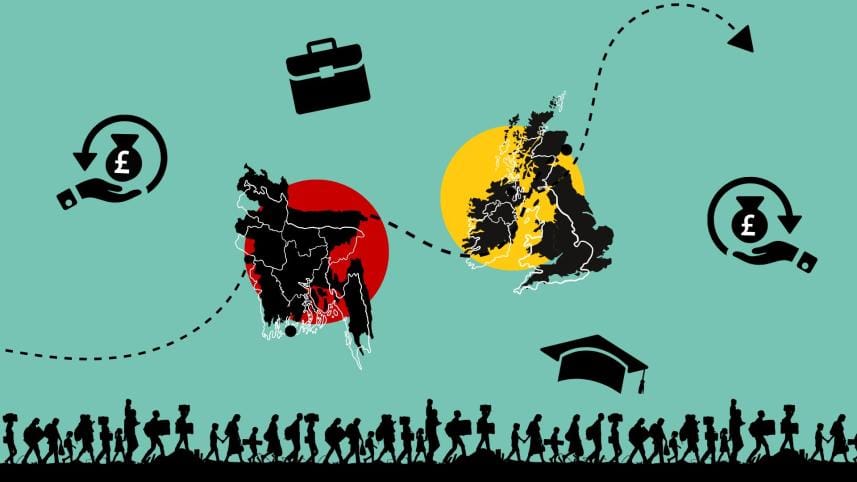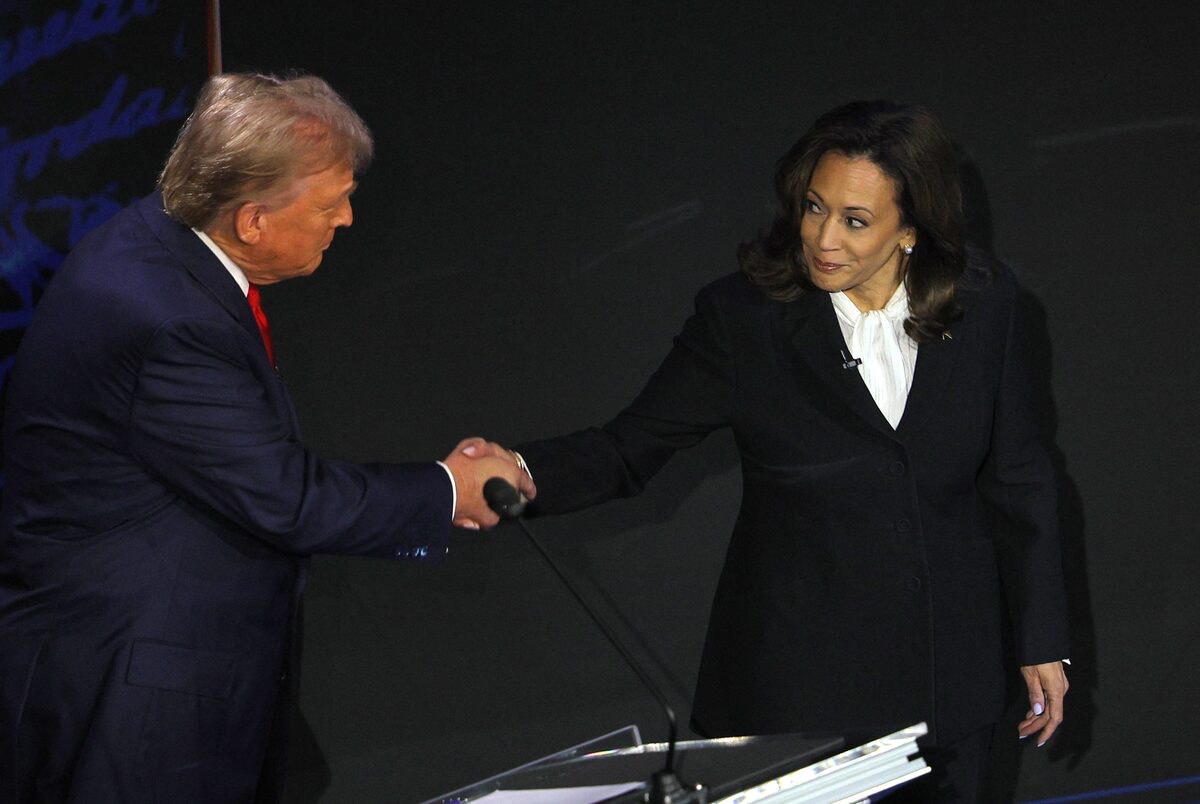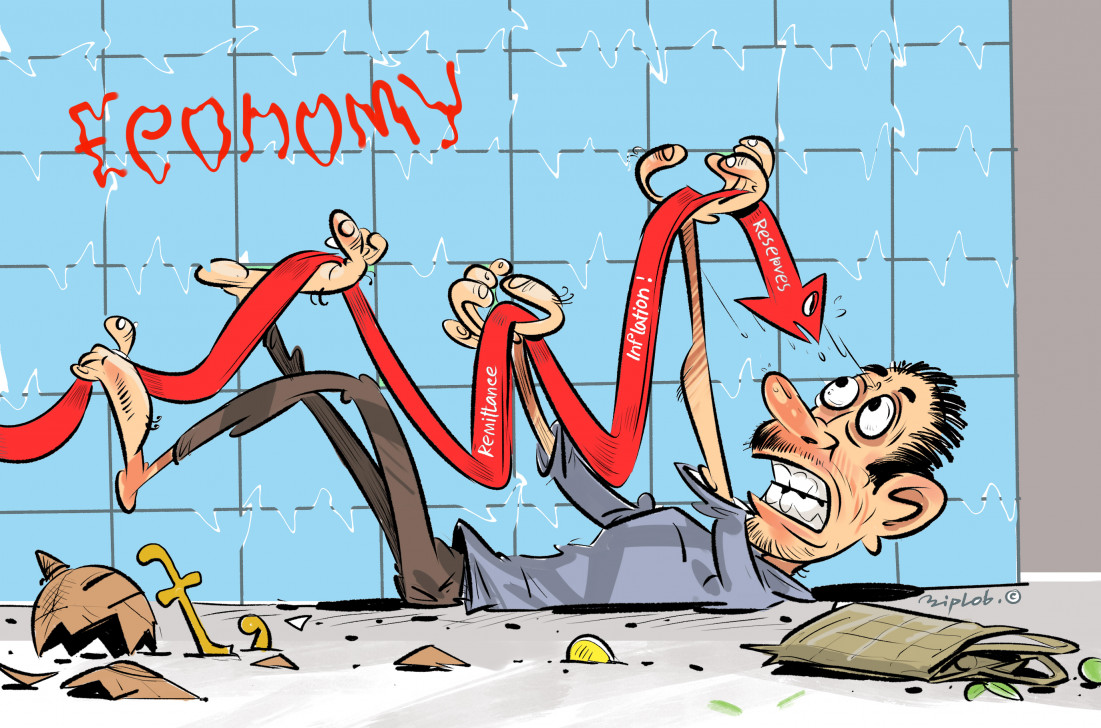A new deal for Bangladesh-UK partnership in uncertain times

Even before the recent change of government in the UK, its role in Bangladesh has been shifting, especially bilaterally. While it remains a funder to basic services and other programmes through its contributions to IFIs and UN agencies, as well as regional programmes and other global initiatives that include Bangladesh, such as the Girls Education Fund and climate change, its bilateral spending has reduced to a 20-year low. According to the Center for Global Development, a think tank based in Washington, DC and London, a further 900 million pounds will have to be diverted this year from the global UK aid budget to spend on asylum seekers in the UK. This represents a diversion of aid from overseas spending to meet domestic asylum pressures while still classifying that spending as ODA. Coincidentally, with Bangladesh approaching the developing country status, its social protection requirements are expected to be met by domestic revenue sources rather than aid. Due to its declining bilateral pot, UK Aid has shifted towards a stronger emphasis on strategic technical assistance to support policy reform—in other words, ideas and methods rather than cash.
The UK technical team in Dhaka focuses on strategic priorities like climate change, ongoing Rohingya emergency, gender, poverty among minorities and concerns for their political rights, civil society and conditions for democracy, and macroeconomic policies for growth within the SDG mantra of leaving "no one behind."
So much for where we are in terms of UK aid to Bangladesh. Given the desire in London for rethinking its position in the world, this is a good time for the interim government in Bangladesh to "place its order"! At the time of writing, the incoming Labour government has yet to share its approach to overseas aid. There are some hints, however. Foreign Secretary David Lammy has ordered a review of the DFID (i.e. UK Aid) and its current status in the Foreign Office as was. Also in a recent speech, he spoke of how he wants to modernise relationships with the Global South—more partnership, removing the paternalism of the post-colonial past. At the same time, former permanent secretary (2011-17), Sir Mark Lowcock, is about to publish a book with co-author Ranil Dissanayake, titled The Rise and Fall of the Department for International Development, attributing the DFID's "fall" to the capture of the UK Conservative Party by its right wing, populist factions. The book will offer proposals to the new incumbents at No.10 as they define the UK's position in a complex international landscape.
Exploring that Bangladesh-UK partnership is perhaps easier to do this side of August 5 than before. To me, as an independent observer, it comprises the following elements: expanding geopolitical alliances on key international issues which build on existing collaborations, e.g. over the Rohingya, but also over labour migration rights and protections; reform of global governance institutions (especially re climate change, planetary boundaries, and taxation on international financial transactions as advanced by Tobin); corporate governance and responsibility, i.e. not just referring to the state, or corporate social responsibility, but towards a more acceptable face of capitalism where the accumulation of private profits no longer free rides upon public goods—the RMG sector being a case in point, with its low-waged insecure employees "subsidising" low-waged, insecure consumers in the West; and controlling and eliminating corruption—very familiar in Bangladesh, and with implications for the UK; reducing the propensity and need to migrate permanently away from one's own culture, (thereby fracturing family life and identity) by inward combinations of socially progressive FDI and investment in human capital alongside facilitating circular temporary migration to the West or elsewhere; knowledge-building through encouraging university collaborations (as with India in the last decade or so through the UK-India Education and Research Initiative—UKIERI) and student internships and exchanges, perhaps especially within the Bangladeshi diaspora in the UK; investing in gender-balanced secondary education and FE skills provision including access to training and learning opportunities; and sharing HE and FE management approaches as those sectors expand.
There are also spreading the principles of inclusive democracy (including the taxation/citizenship nexus, as the underpinning of stakeholding and functional participation); devolution to sub-state political arenas, perhaps necessary in days gone by when communications were difficult, but again necessary for participatory citizenship as it is for the UK; leapfrogging options for Bangladesh in a digital age (e.g. in health, but of course also for inclusive education, especially if the classroom teaching cadre remains underdeveloped); understanding the distribution of poverty between systemic and idiosyncratic explanations, so important for policy choices between fiscal levers and household level intervention; developing well-being indicators, not just income/spending ones, as a guide to policy (for both partners); exploring the state/market boundaries for the regulated pursuit of social objectives; thus understanding the political settlement between rights-based entitlements; philanthropy; voluntarism; not-for-profit services; market opportunities—whether labour or entrepreneurial ones; and support for the Bangladeshi diaspora in the UK, especially youth, and particularly girls.
(Aspects of this agenda might constitute an argument for retaining DFID within FCDO to keep diplomacy, development and humanitarian aid in mutual support, though I would regret the loss of cabinet rank for international development, per se. The UK Treasury does have two cabinet rank positions as a model for similar representation in foreign affairs and international development.)
No doubt other items could be added to this list. But its main characteristic is that these issues no longer represent the idea of "aid" as flowing in one direction, from a rich to poor country within some postcolonial framework of institutionalised philanthropy, combined with an element of self-interest or historical guilt. Rather, this agenda occurs with a genuine framework of mutuality—these issues are shared issues, and sometimes interactive ones. Bangladesh, for example, has much contemporary experience in engaging with poverty and has much practice to share alongside innovative action-research around supporting poor people's entry directly into market opportunities, not just via employment. And as Bangladesh approaches the developing country status, any notion of "development" becomes replaced by a notion of "social policy," entailing revenue-funded public intervention derived from rights, not just over-narrow targeting. Both countries, therefore, need to explore together welfare regimes comprising notions of citizens' income, universal basic services, and a Polanyian "de-commoditisation" of labour. I have also interacted with sharp minds in Bangladesh around the idea of the smart economy, indeed the smart political economy.
There is a sense here in Bangladesh of creative excitement, hence leapfrogging in the list above. At the same time, the UK has institutional baggage to overcome from its own development past in terms of outmoded trading assumptions in a climate-sensitive world, and investment priorities/practices overinfluenced by comparative advantage thinking, which neglect "decent" work. Such baggage continues to fuel privileged "rents" via regional, class and gender inequalities both globally and within the UK. Bangladesh's future should not be to replicate that institutional baggage, while the UK with its new Labour government should now be trying to discard it. There is a rich partnership agenda. Let's embrace it.
Dr Geof Wood is a development anthropologist and author of several books and numerous journal articles, with a regional focus on South Asia. He is also emeritus professor of international development at the University of Bath, UK.
Views expressed in this article are the author's own.
Follow The Daily Star Opinion on Facebook for the latest opinions, commentaries and analyses by experts and professionals. To contribute your article or letter to The Daily Star Opinion, see our guidelines for submission.




 For all latest news, follow The Daily Star's Google News channel.
For all latest news, follow The Daily Star's Google News channel. 


Comments